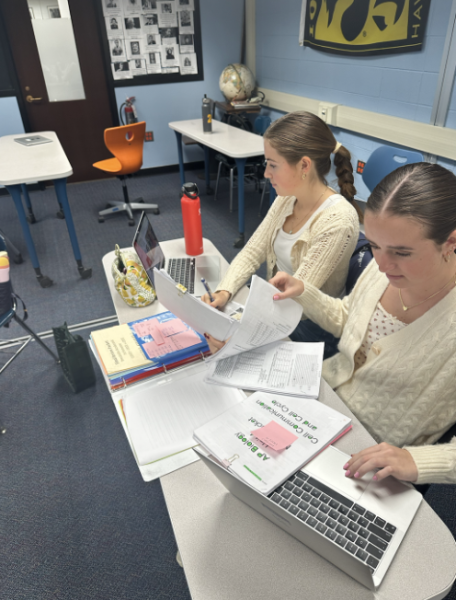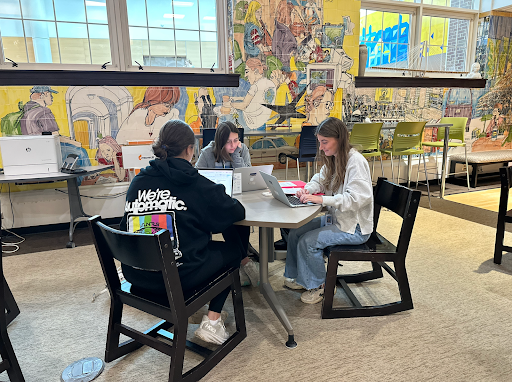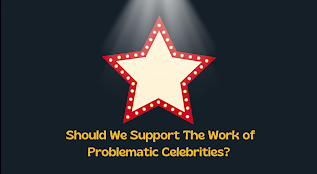I don’t know of any student who enjoys finals. Not one.
With winter break approaching, finals are just around the corner. The dreadful period when the library becomes your best friend. Finals are jam packed with study sessions, an unhealthy intake of caffeine, and endless all-nighters.
Recent data shows an increase of health issues in students during this period of time. Some examples include fatigue, headaches, loss of concentration, binged or reduced eating, mood changes, and feelings of loneliness and helplessness. For high school students, it is hands down one of the most stressful times of the year. Final and midterm exams accounted for the top source of stress for 31% of U.S. students.
Every year, when December rolls around, I begin to feel the immense stress of finals. I spend hours studying. However, every year when the Friday after finals week comes, I seem to forget everything I crammed into my brain the week prior. As I enter my fifth round of semester finals’ week, I pose the question to myself and others: What is the true benefit of finals week?
Top educators say this testing process is the best marker of information accumulation to measure what we’ve learned throughout the semester. Yet, we have already been tested on the material throughout the semester through a series of unit tests, projects, and class participation. This overwhelming amount of information being quickly relearned can be difficult to manage all at once. And if you perform poorly, all of your hard work throughout the semester goes down the drain.
I think we need to reexamine this archaic system and search for a more collaborative, modern process that emulates the transition of learned information in the real world.
Applying more collaborative work aligns with the skill sets students use beyond high school. Traditional multiple choice tests do not measure all the tools professional employers look for when solving a problem through a collaborative team approach. Final exams tend to be one size fits all. They don’t accommodate for students’ sundry learning methods and techniques.
At Kent State University, they have implemented group activities into their educational environment and have seen many positive results. Specifically reducing students’ exam anxiety and the beneficial exchange of communication that comes from the collaboration of students across different levels.

Learning through hands-on experiences helps students retain information longer. These activities strengthen student’s ability to recognize and use knowledge effectively.
If we were to implement more group work or team based projects in place of stressful final exam tests, I believe we would see rising test scores. Not all kids work well under the pressure that final exams ensue, so applying collaborative work would allow kids to work together and appeal to diverse viewpoints. It would also allow all students to shine and show what they truly know where under most other circumstances they weren’t able to.
Having experience in both taking and not taking finals in my classes, I can confidently say that the value of the final exam is dependent on the course and its style of learning. I think test-taking as a skill is crucial in preparing students for college and other courses, but there are a variety of other ways to measure what a student has learned. Some of these ways can be less stressful and more conducive to collaborative learning.
As we enter finals week, just remember, your final score or grade does not define you. Make sure to get some rest, eat well and pat yourself on the back for powering through first semester! Happy (almost) Winter Break, Scouts!








